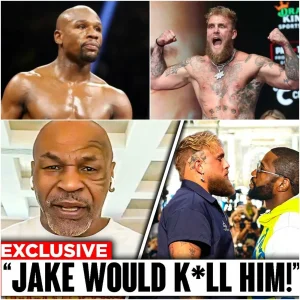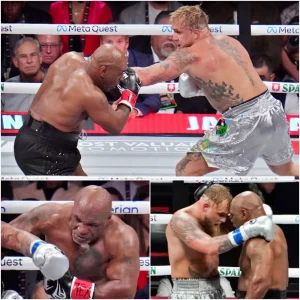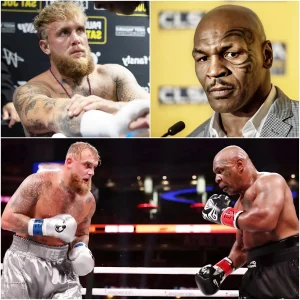Oscar De La Hoya’s recent outburst against Canelo Alvarez has ignited fresh controversy in the world of boxing, stirring up a feud that dates back to their previous disputes. The boxing legend, known for his outspoken nature, directed a barrage of insulting remarks towards Alvarez, his former protege and one of the sport’s current superstars.
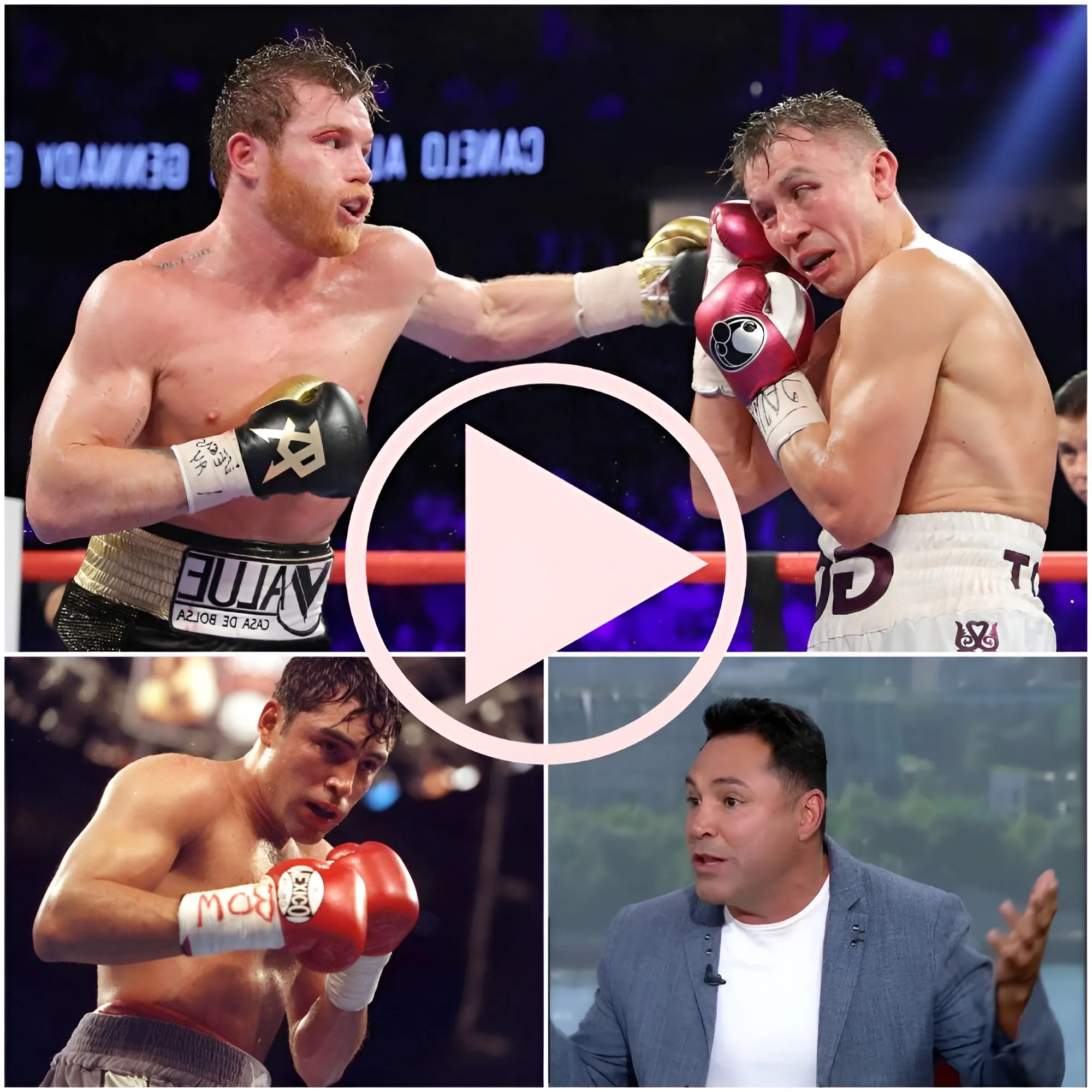
The altercation began when De La Hoya publicly criticized Alvarez’s decision to face certain opponents, questioning his commitment to challenging opponents. In response, Alvarez defended his choices and asserted his independence in making career decisions. This exchange escalated quickly as De La Hoya, in a fit of anger, resorted to using derogatory language, sparking widespread debate and condemnation within the boxing community.
The feud between De La Hoya and Alvarez has deep roots. Alvarez, initially guided by De La Hoya’s Golden Boy Promotions early in his career, eventually parted ways amid financial disputes and disagreements over fight negotiations. Since then, their relationship has been strained, with periodic public clashes highlighting their divergent perspectives on boxing management and career strategy.
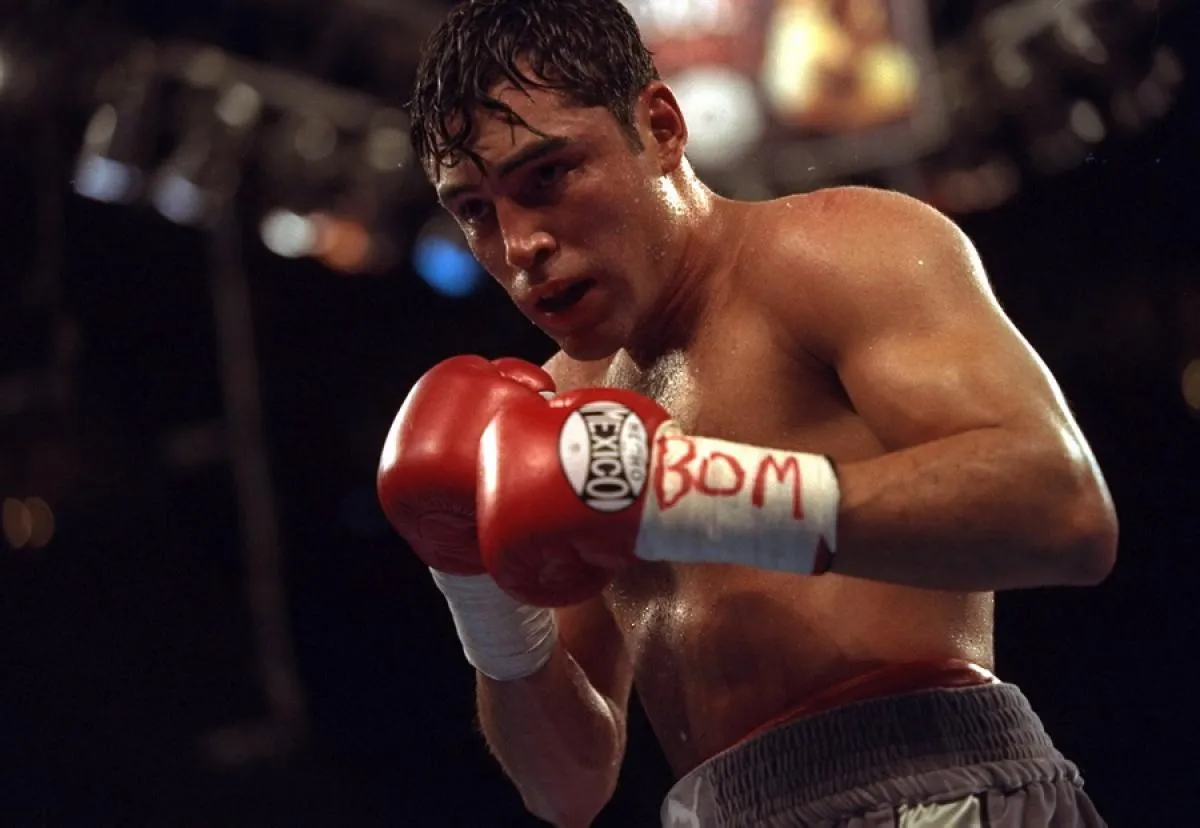
De La Hoya, a celebrated figure in boxing history with multiple world championships across different weight divisions, has often been vocal about his opinions on the sport’s current state and its participants. His critique of Alvarez, who has risen to become one of the highest-paid and most accomplished fighters of his generation, underscores broader tensions within the boxing industry regarding promotional control, fighter autonomy, and legacy.

Alvarez, for his part, has consistently defended his career choices, emphasizing his willingness to face top-tier opponents while prioritizing his own career trajectory. His departure from Golden Boy Promotions marked a significant turning point, allowing him greater flexibility in selecting fights and negotiating deals independently, a move that has proved successful with numerous high-profile victories and lucrative contracts.
The fallout from De La Hoya’s outburst has drawn varied reactions from fans, pundits, and fellow boxers. Some view his comments as a veteran’s frustration with the evolving landscape of boxing, while others see them as unwarranted attacks on Alvarez’s character and accomplishments. Social media platforms have been ablaze with discussions, with supporters and critics of both parties engaging in heated debates over the incident.
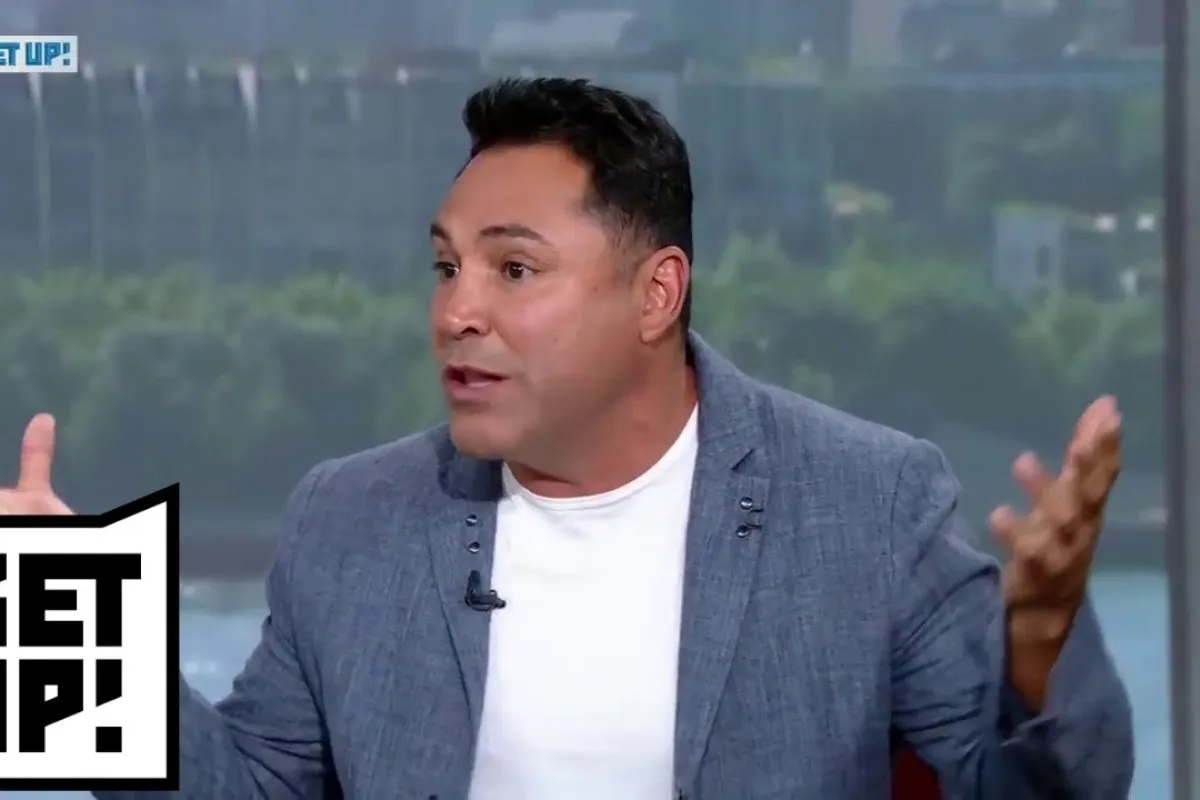
As the controversy continues to unfold, the focus remains on the upcoming matches and career trajectories of both De La Hoya and Alvarez. While De La Hoya’s legacy in boxing is firmly established, his recent comments have sparked introspection regarding his role in the sport’s evolution. Conversely, Alvarez’s ascent continues unabated, with his focus squarely on maintaining his position as one of boxing’s premier attractions.
In conclusion, the clash between Oscar De La Hoya and Canelo Alvarez serves as a stark reminder of the complexities and tensions inherent in professional boxing. As the sport continues to evolve, debates over promotional control, fighter autonomy, and legacy will persist, fueled by moments of controversy and conflict such as this recent altercation.
